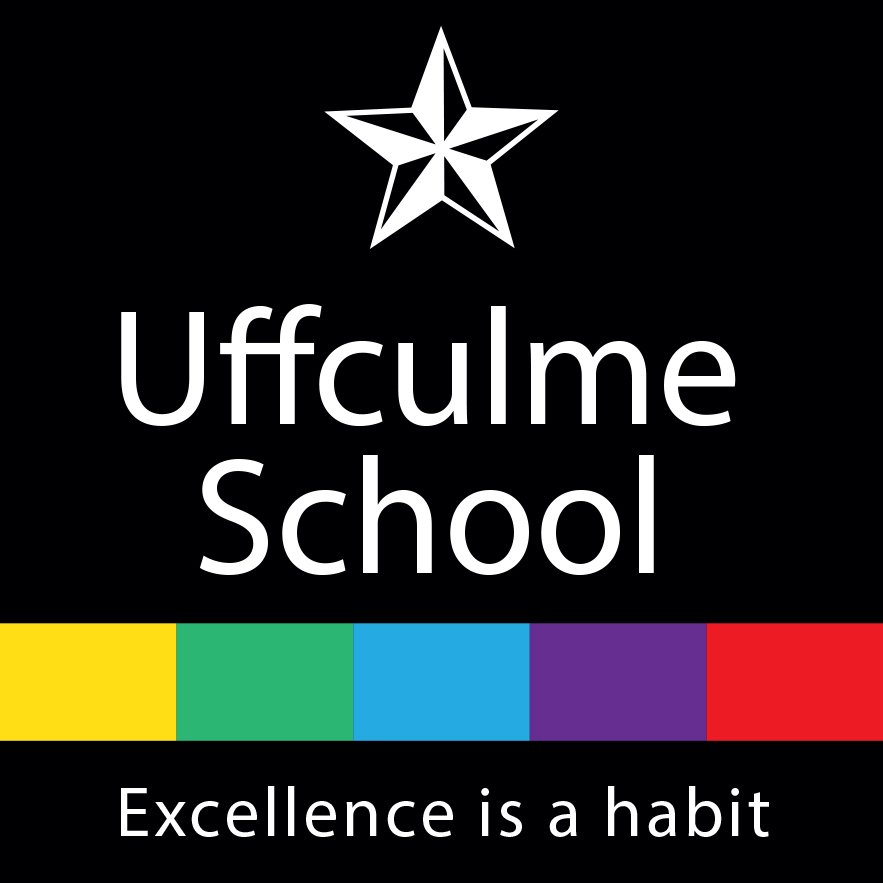
History
Welcome to History
The study of History holds great importance for our students; helping them understand their place in the modern world and the role they will play in it in their futures.
The study of our past enables us to learn from past mistakes and hopefully avoid repeating them in the future. In a more practical sense, it also allows students to develop a set of skills that are transferable to most of the other subjects they study and allows them to access a wide range of areas of employment once they leave education.
"A people without the knowledge of their past history, origin and culture is like a tree without roots." - Marcus Garvey
As a department we aim to:
Inspire students to become passionate about the study of History.
Enable students to understand the importance and relevance of learning about the past. Students develop a wider understanding about the world in which they live. They see the diversity of human experience, and understand more about themselves as individuals and members of society. What they learn can influence their decisions about personal choices, attitudes and values.
Encourage students to be active learners rather than passive recipients. Teaching them skills that not only help to improve their learning and performance in history but also in their life and work.
Engage students through using varied learning activities, imaginative resources and an interesting end product.
"We are not makers of history. We are made by history." - Martin Luther King, Jr.
Curriculum and Qualifications
Key Stage 3
We teach a varied curriculum at Key Stage 3, covering aspects of both British and International history. At KS3, we focus on creating strong foundations in both the knowledge and skills for learning that students will need later on in KS4.
Key Stage 4
At KS4, we study the Edexcel GCSE 9-1 2016 Specification. The topics we have chosen to cover are:
Paper 1: Thematic and historical environment: Crime and Punishment through time with Whitechapel as the environment study.
Paper 2: American West and Elizabethan England.
Paper 3: Germany 1919 – 1939.
Further information can be found by clicking here
If you require further information about the History curriculum at KS3 or KS4, please contact Mrs Hayes, Head of Department, at HayesC@uffculmeschool.bep.ac
Extra Curricular Opportunities
As a department, we strongly believe that one of the best ways to make history engaging for the students is try and bring it life and give them a connection with their past.
In Year 8, we have a costumed Civil War re-enactment group ('Swords and Spindles') visit the school. They bring in a vast range of artefacts and replicas for the children to see and handle, covering a wide range of areas relevant to their study of this topic. We are even able to allow the children to enjoy some pike drills and see a musket being fired. Later on in the year we take the students to Morwellham Quay, where they are able to step back in time to experience life during the Industrial Revolution - even taking a train ride into the old mines.
Enrichment in Year 9 includes the privilege of having Mr Summerfield, a World War One expert, visit the students in school with his extensive collection of artefacts and his vast and detailed knowledge on the subject to enrich their understanding of this important period. There are also opportunities to visit the Imperial War Museum and Churchill War Rooms in London, linking into their studies of the 20th Century.
At KS4, we run trips linked to our topics that include a residential trip to London, based around their study of Crime and Punishment, and to Hampton Court, linking to their Paper 2. We also encourage students to make the most of the opportunities to experience the history that is all around them. Great Britain has an amazingly varied and diverse past and there is evidence of this all around us, both locally and nationally and visiting these places and making the most of these opportunities outside of school as well and in school can greatly enhance students' understanding of the topics we study.

